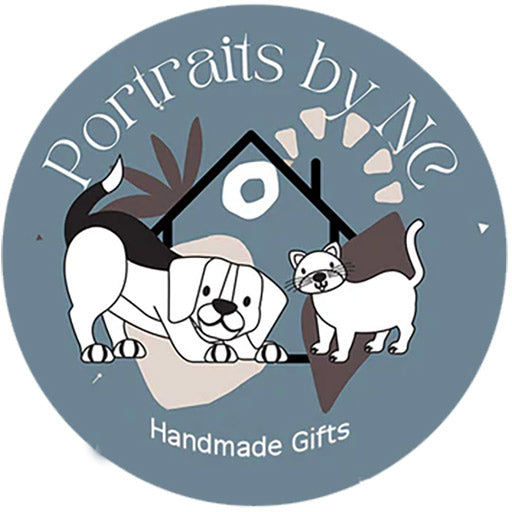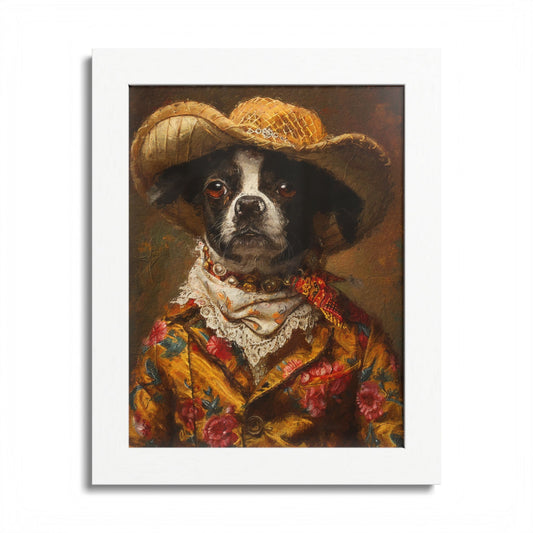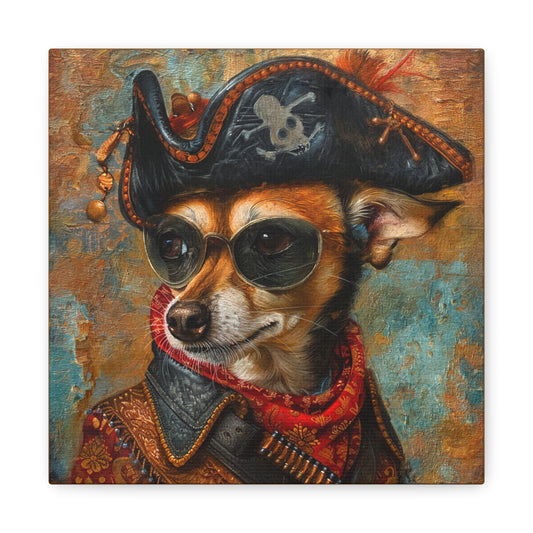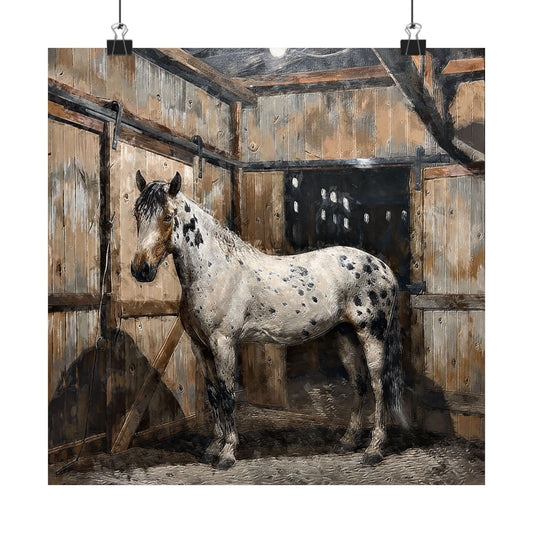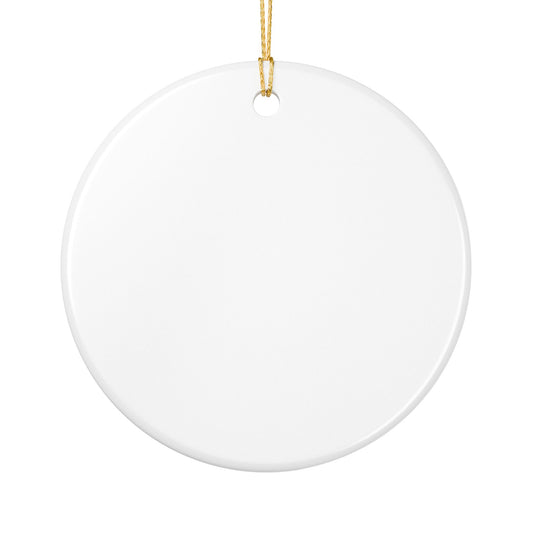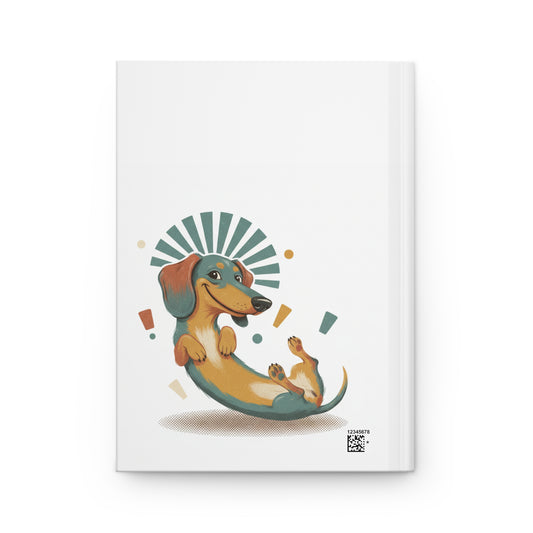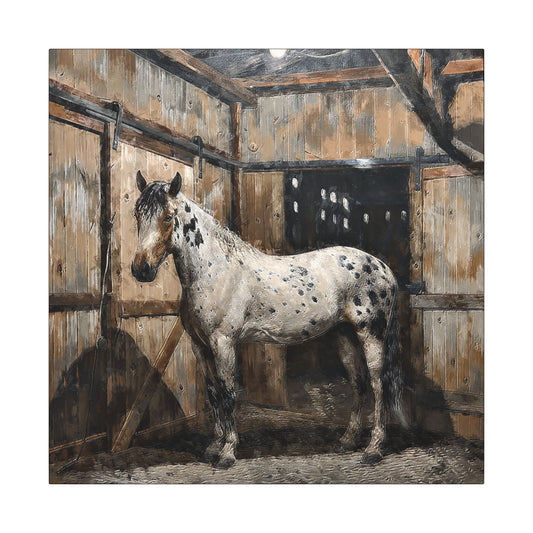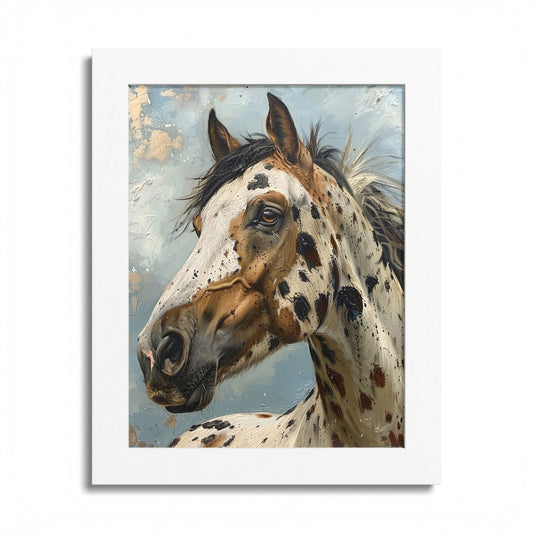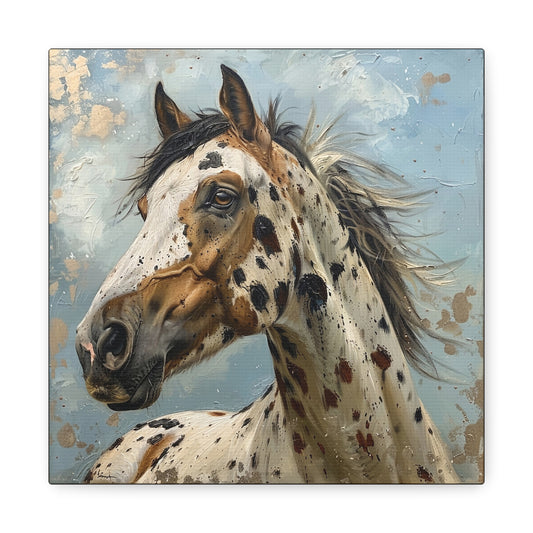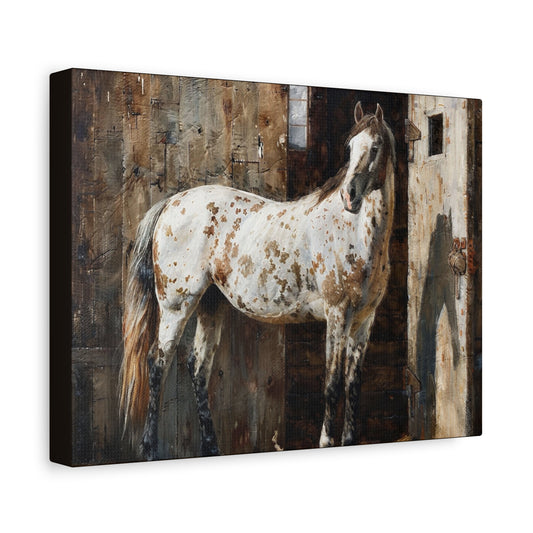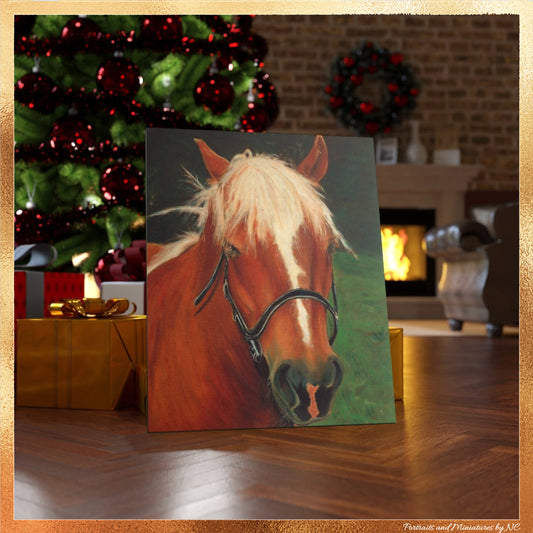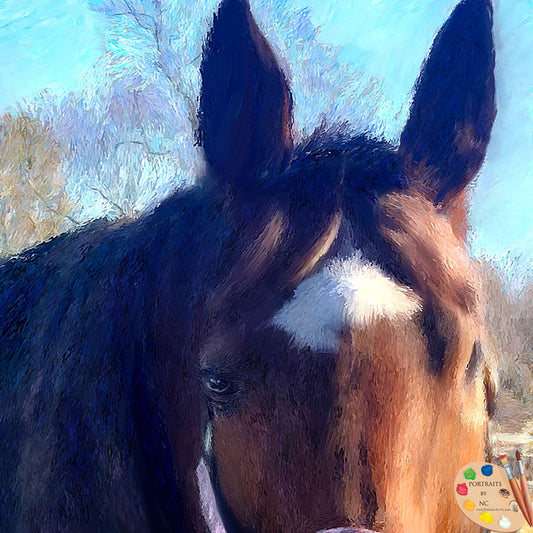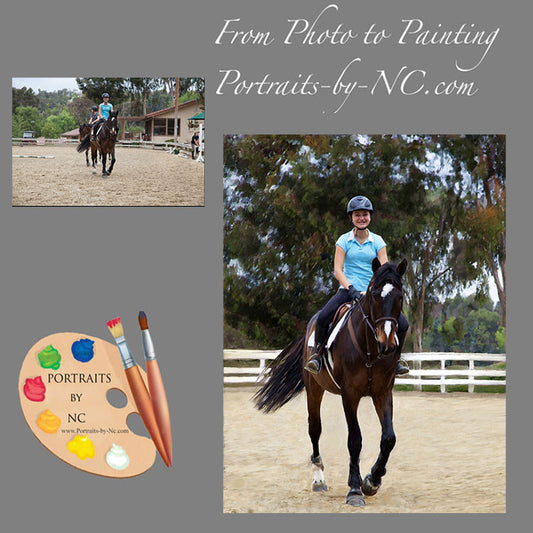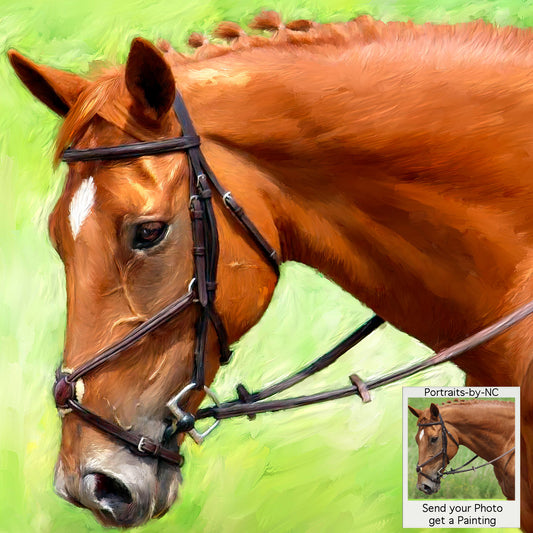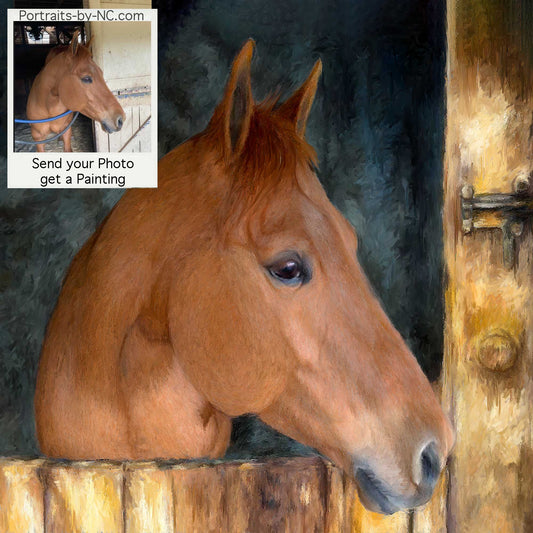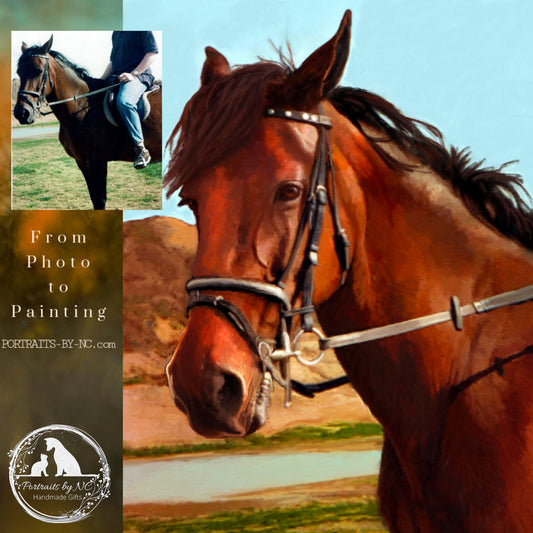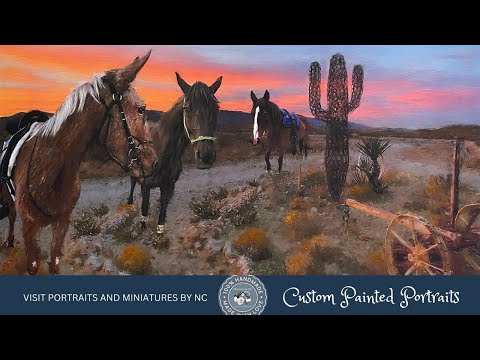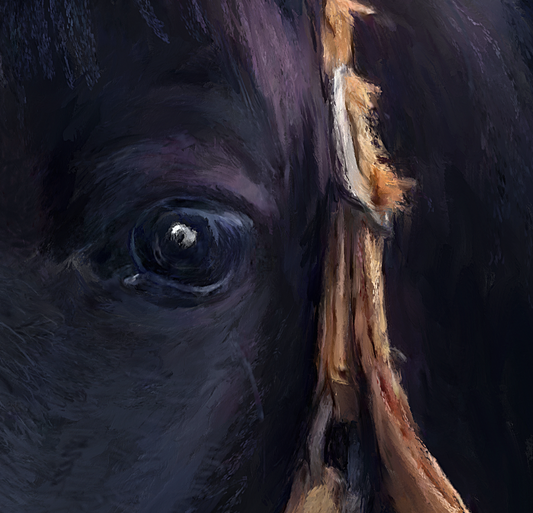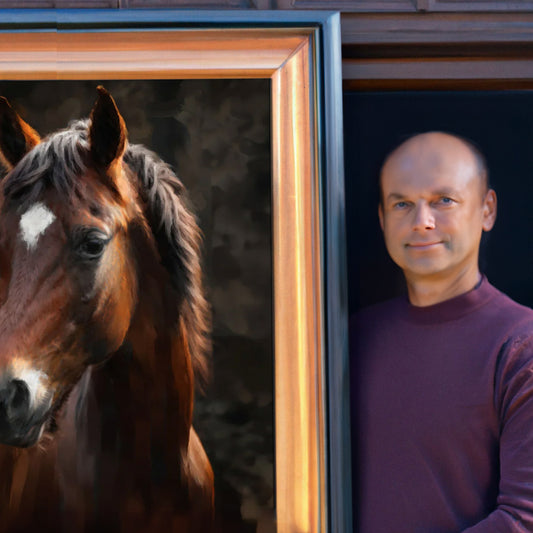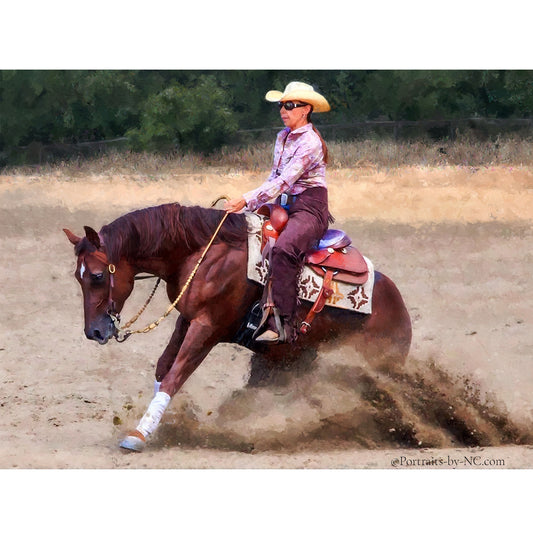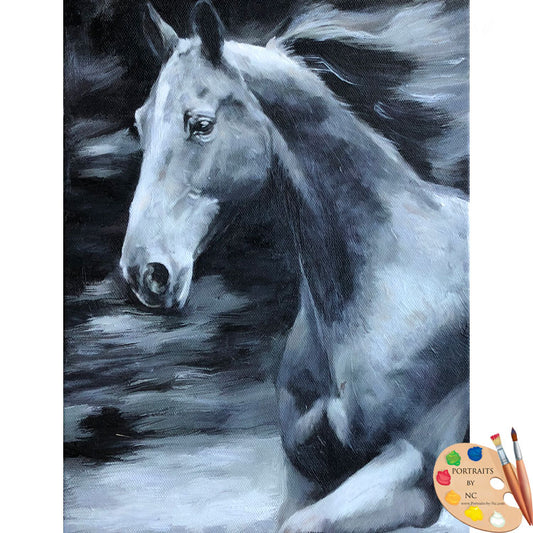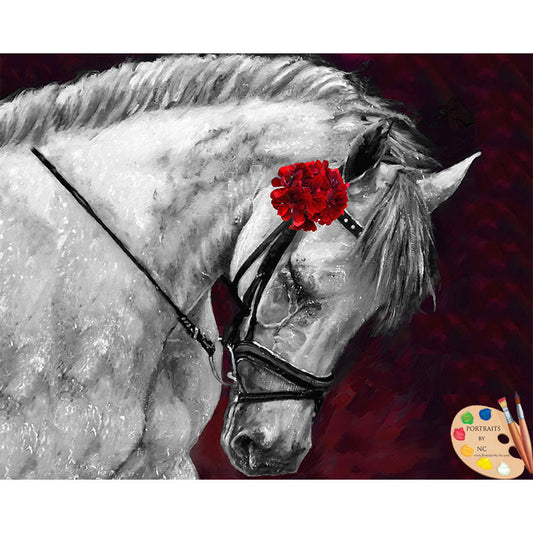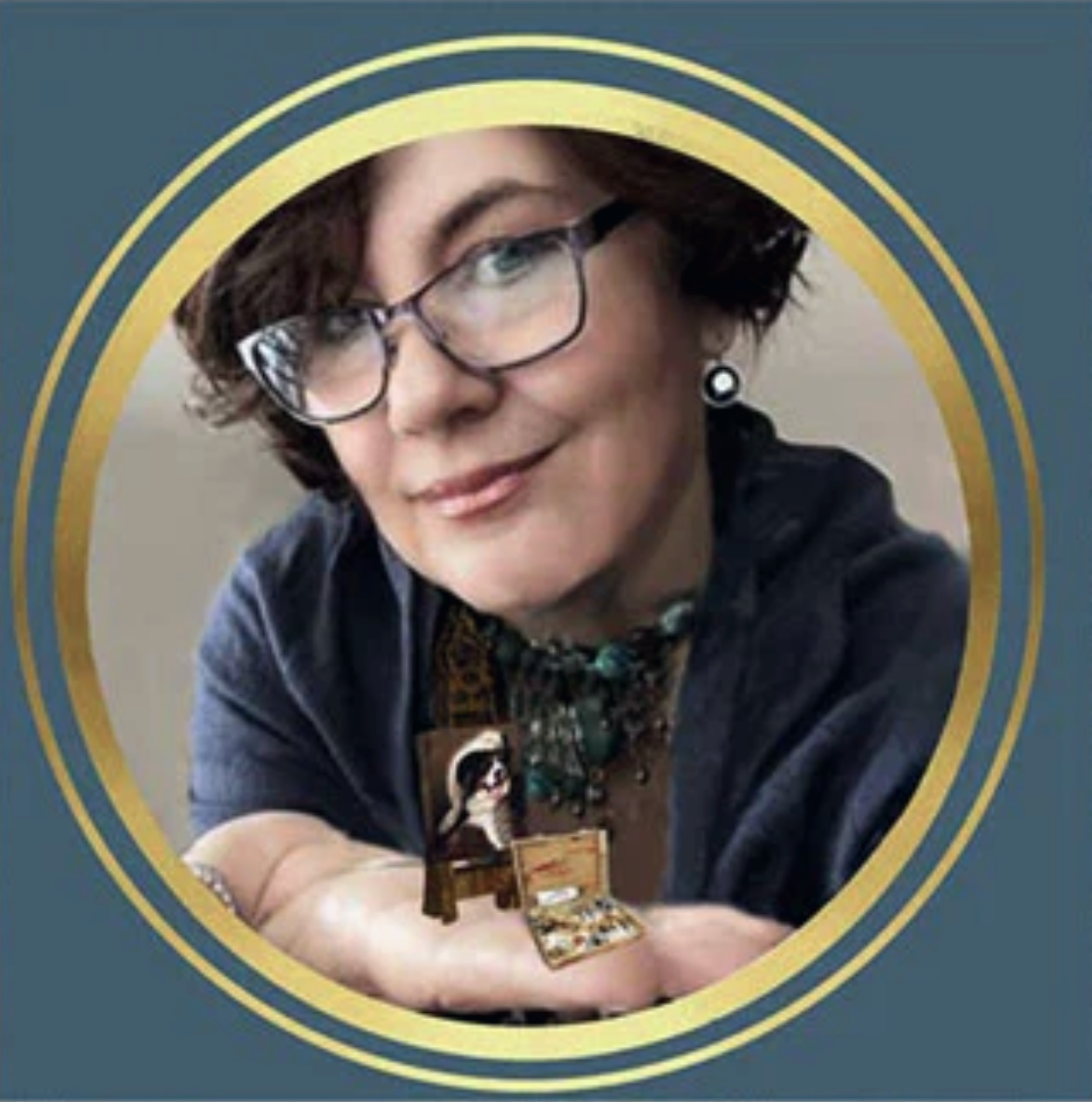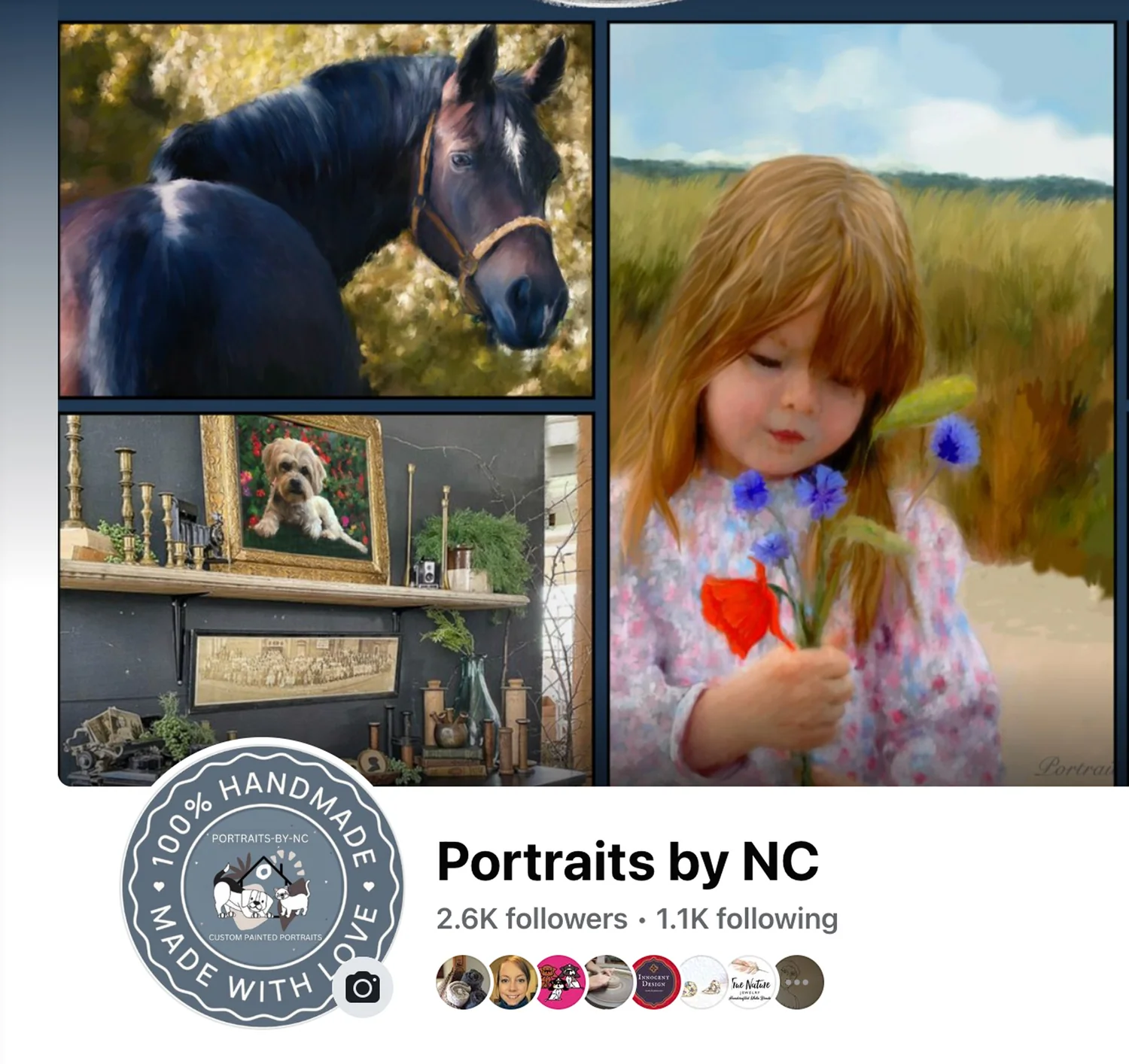Why do we love our dogs so much?
Share

It is always a sad occasion when I get the request from an old time client to paint a pet that has recently passed away. You have to wonder why we love our dogs so much that their loss is so painful.
Sixty-eight percent of U.S. households, or about 85 million families, own a pet, according to the 2017-2018 National Pet Owners Survey conducted by the American Pet Products Association (APPA). When you think about it that is a very large number of dog owners.

I did some reading to find out what the science behind the love for our pets is.
- Bonding
- Scientific Research Findings
- Unconditional Love
- Preference
- Innocence and Cuteness Factor
- Emotional Support
Bonding
We bond with our pets through care and nurture over time. Just like caring for a child those puppy stages bring joy and frustration, typical growing pains that create memories over time that tie us tightly to our four-legged friends.
Scientific Research Findings
Dogs make us laugh and feel good. Researchers found for example that the same hormone, oxytocin, spikes during interactions, in both human and canine brains. When a dog is gazing at its owner these hormones are released - it's the same hormone that gets released when we lock eye with a loved one, especially when that loved one is our child. This finding further suggests that dog owners love their pets in the same way as family members. When a dog returns our devoted affection with kisses and obedience and then looks at us with those round, big eyes, it is easy to see why.
Unconditional Love
Let's face it, most of our pets are happy as can be as long as they are fed, entertained and loved. They do not care what we look like, what we have accomplished or how we score in being a well-rounded person. They stay with us through happy and hard times and love us just as we are - Unconditional love!
Preference
Recent studies have found that we love our dogs more than other humans. One quick glance at your Facebook feed supports this finding. Just look at how many people share pet photos over photos of their family members. I get by far more pet portrait requests that child portrait requests and have always wondered why that is. One of the reasons is that pet owners look at their pets as actual family members. Perhaps a dog outranks those family members that do not talk back or want something every 5 seconds?! LOL
Innocence and Cuteness Factor
Young dogs are cute and often clumsy, just like little kids. We associate a certain type of cuteness and innocence with our dogs, just as we would with very young children. In a 2009 Muenster study, researchers found that a certain region of the brain that triggers feelings of rewards lit up in women who had never given birth when they were shown images of cute babies. The cuter the baby was, the more of response was detected in the brain. This holds true for looking at our pets as well. The cuter we think our dog is, the more brain activity is generated. These furry beings just trigger brain regions to light up like a Christmas tree, making us feel all warm and fuzzy! For the most part, we also think of our pets as beings that would not hurt a fly. I actually think it's more like they would never hurt us. That might explain why we rush to save a dog over a total stranger, without thinking that that stray dog might reward us with a bite. Believe me been there, done that! Had to get 7 Tetanus shots as a reward for rushing to save a dog over one embarrassed thank you for saving an unattended stranger's kid from drowning!

Emotional Support
The American Animal Hospital associations surveyed female, married dog owners to find out why they loved their dogs so much. In the study, they conducted 40% of women surveyed said that they received more emotional support from their dogs than their spouses or children.
Well, I will need to get back to finishing this poodle portrait for my client and will post another update soon.
If you found today's post informative, please share it via social media.
